The Use of the Educated in Politics
The Use of the Educated in Politics
As stated earlier, along with discriminatory education, another major conspiracy by the British was to create a division between Hindus and Muslims in the Indian subcontinent. In this pursuit, their planted poisonous tree of conspiracy spread its branches in many directions. They also used those educated in English for this malicious purpose. As an expression of the accumulated anger of the common people against the cruel British rule, rebel groups began to form across India. These members of the movements would carry out guerrilla attacks, killing oppressive landlords and the British. To control these movements, the British rulers needed a group of native politicians who would tactically restrain these rebel groups, ostensibly campaigning against the British for the interests of the native people through ‘systematic’ movements, and presenting the demands of the country's people to the government. However, they would definitely adhere to the sovereignty of British rule, engaging in politics for securing demands, not for independence. And the question of taking up arms for independence was out of the question. These politicians would never question, 'Why should we present our demands to you, who are you?' These politicians would gather all the scattered rebels on a non-violent platform to act as a shield for British rule.
The first political party established under this project was the National Congress. This party was founded through the British Viceroy Lord Dufferin. Here is a quote from the India Today magazine: “In fact, according to a secret pre-arranged plan created with the help of the Viceroy and under the direct initiative and guidance of the British government, the National Congress was born. The establishment of the National Congress was organized by the ruling group to be used as a weapon to protect British rule from the accumulated anger of the rebellious mass power against British rule. The aim of this effort to establish the Congress by the British government was to defeat the imminent revolution or to thwart it before it began.” (R. P. Dutt: India Today, p. 289-90).
On December 29, 1885, the president of the Congress said in his speech, “It may be news to many that the Indian Congress, which was initially created and is still functioning, was indeed formed by Lord Dufferin when he was the Governor General of India... Lord Dufferin had an agreement with Hume [Allan Octavian Hume (1829-1912), the founder of the Congress] that as long as he stayed in India, the contribution of Dufferin behind the formation of Congress would not be publicly disclosed. This condition was followed to the letter.” (Justice Abdul Mowdud: Development of the Middle-Class Society, p. 235-236).
Later, the Congress was headed by Mahatma Gandhi, followed by the most active and influential leaders like Netaji Subhas Chandra Bose, Pandit Jawaharlal Nehru, and other prominent figures. When the British government became embroiled in the Second World War in 1939, Netaji appealed to Gandhi to embark on an all-out struggle for India’s independence, stating, “This is the golden opportunity! Change your stance a bit, give a big blow to the British.” But Gandhi said, “We do not want independence by destroying the British - this is not the principle of non-violent struggle.” And in his speech, Pandit Nehru said to the countrymen, “At a time when England is in a life-and-death situation, the civil disobedience movement will be detrimental to India.” (Unforgettable, Author: Ganganarayan Chandra, p. 17).
The essence of this long discussion is that the educated class created through the schools and colleges established by the British were actually protectors of the interests of the colonial rulers. Through them, the British ruled and exploited the country. They also divided the nation into many political factions. For instance, the Congress and the Muslim League. One was Hindu-centric, and the other Muslim-centric. To ensure that the nation could not unite and revolt against British rule, they created communal divisions even in the political arena they established. These two parties fought many battles against each other, spread hatred and animosity, and incited religious riots. Ultimately, these two parties played an active role in dividing India into Pakistan and India. Finally, the British handed over the reins of power in India and Pakistan to this educated (or trained) class before they left. Their main reason for departure was that there were no more resources left to plunder in India. Additionally, after two world wars, England had become considerably weakened. Therefore, they did not want to go through the trouble of holding onto an infertile, unproductive colony. Even after they left, they placed the educated class in positions of power, who still protect Western interests today and feel honored to live at their behest.
Images Related to this Post

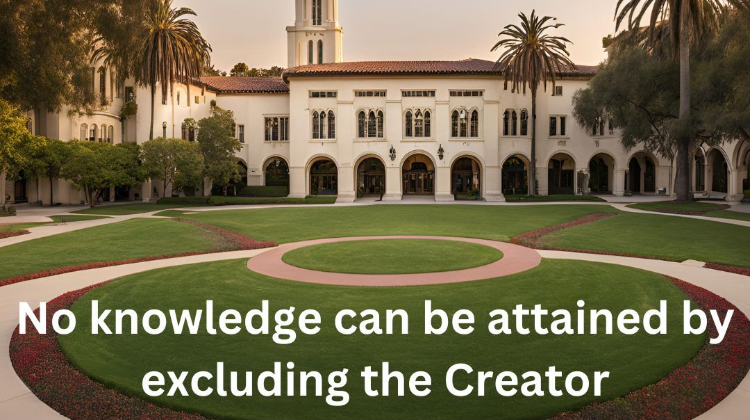

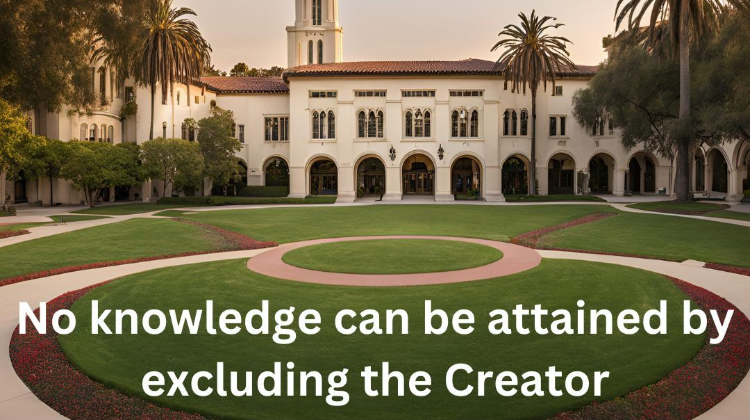

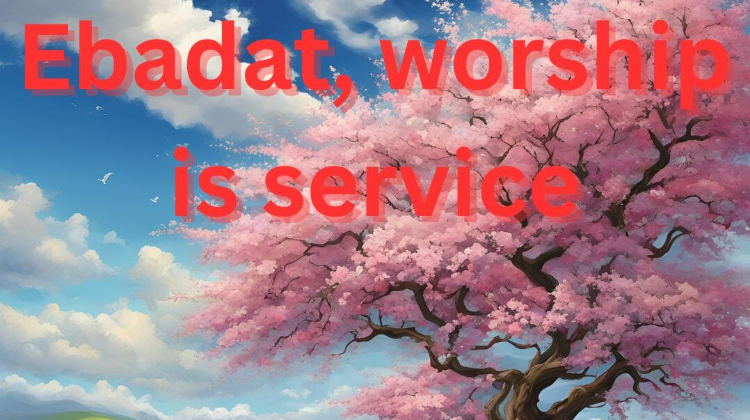
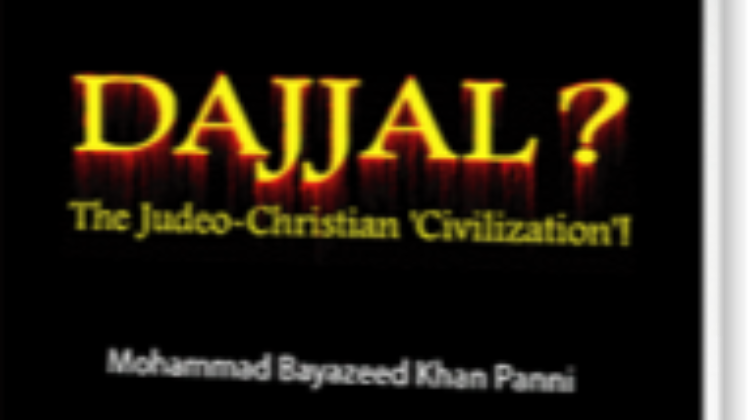
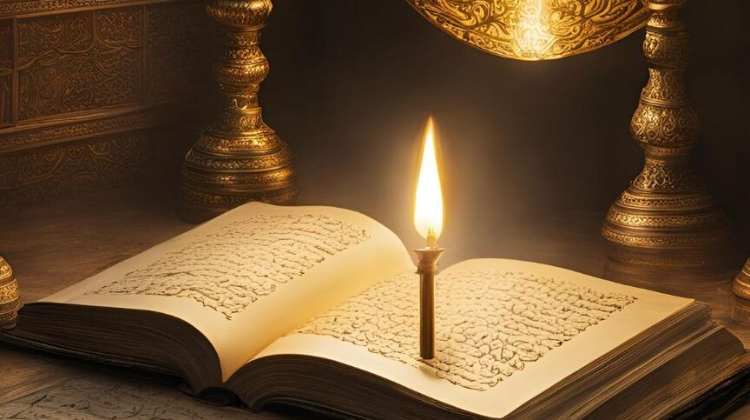


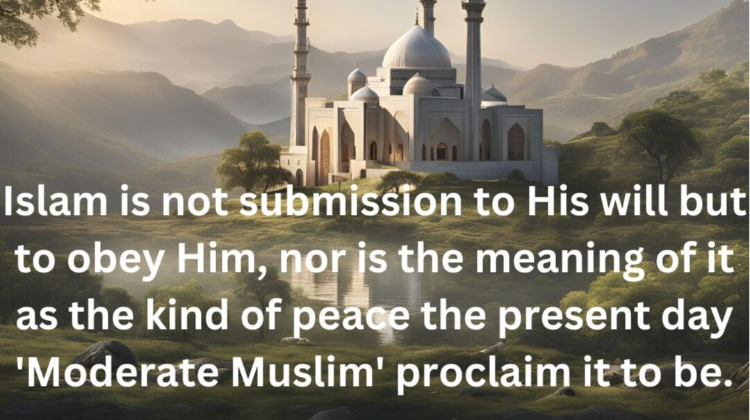

Leave a Comment